Why Leaders Need To Know Sales
When I first started in sales it was on the premise that if I wanted to be a great manager, business owner, lawyer, president, I needed to know sales. That is what a successful business owner told me after I had told him that I wanted to be a manager when I grew up. He was a great leader and still has people working for him that were with him since he opened his company in the mid 1980’s. I was not sure why I needed to know sales to be a good manager to be honest, but I knew I would figure out why.
At first, I was hesitant to change careers. Six months of hesitation and discussions to be exact. I did not want to be a salesperson because all life had taught me was that they were evil. All I had ever been told was bad and experiences were also proof to that same point.
When I did decide to try this sales thing out, I figured that sales would be easy. The first year of sales was a rude awakening. It literally looked like a heartbeat of someone that just took their last breath. I thought the ruling of do not resuscitate was going to be handed down meaning I was going to have to find another job. I was fortunate to have a chance to keep going and learning from the successful business owner in what he called “hands on training.”
Hands on training meant that I was to help him with projects after hours, gain training from peers, and hours of trainings to perfect my craft. I did weekend deliveries, helped him with personal projects, etc. Basically, anything he needed extra help with I was the man to help. This was valuable time with the big guy himself teaching me all he knew about sales business. It was training that really helped me gain traction in sales.
I excelled from then on to become a great sales leader in my industry and even relocated to another part of the United States to help grow a new territory. We did very well there with great purpose. Customers started opening up fast to me and sales were increasing as the years went by. I was awarded the prize of top salesman for the United States and had taken the territory to where it had never been.
I literally had customers asking me about which digital cameras they should purchase, what software would work best on their computers, and other things that had nothing to do with what I sold. Some of the responses when I asked why they were asking me about the topics was, well I trust you and you were an electrical engineer. You should know all about this stuff, right? I thought to myself, if they had seen my exam grades in college, they might rethink asking me for electronics.
None the less, business was increasing at a rapid pace even in a down economy. We were taking over market share from our competitors. I won’t give all those secrets away today on how we did this, but I can tell you it was not because we were the cheapest price or by doing anything unethical.
It was because of Influence. As influence increases people trust us more and are willing to go deeper in relationships with us. This can be in business ventures, nonprofits, community support, etc. The more influence someone has the more they excel in whatever they are doing.
What I found is that the sales process that I keynote and perform trainings on helps people build amazing amounts of influence fast! That is right selling correctly helps us build great influence! Keep in mind that selling is not just a product or service. It can be selling a vision, idea, or that we are going to lead those that report to us. By building influence using the sales process leaders gain more engagement from those around them. Utilizing the sales process to sell your vision and your mission will grant you more influence and greater buy in from those around you.
As you look around your organization look at those relationships of those that go out of their way to help you and those that don’t. See how much influence you have with these relationships. Ask yourself, “Why do I have more influence with this person as opposed to another? What is different with each of these individuals?” What you’ll learn is that the level of your influence determines how much you can say and do with each individual.
The more influence you have the farther your organization can go.
Sincerely,
Kevin Sidebottom
